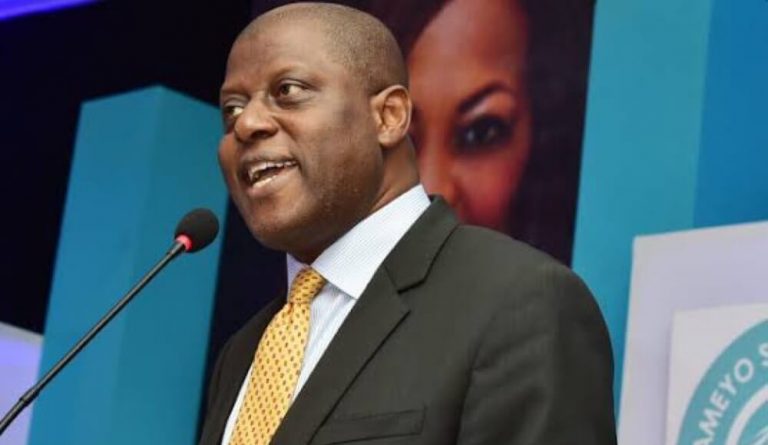
The Central Bank of Nigeria (CBN) governor, Olayemi Cardoso, has called upon Nigerians to temper their demand for foreign exchange as the federal government intensifies efforts to stabilize the foreign exchange (FX) market.
Under Cardoso’s leadership, the CBN has implemented a series of policies aimed at bolstering the performance of the naira, which has seen a significant decline, reaching N1500/$1 in the foreign exchange market.
During an interactive session with the Joint Senate Committees on Finance, Appropriations, Banking, Insurance, and other Financial Institutions in Abuja, Cardoso attributed the naira’s weakening trend to various factors, prominently the high demand for the dollar by Nigerians. He stressed the need for Nigerians to reduce their appetite for foreign currency and curb the consumption of imported goods to alleviate pressure on the naira.
Register for Tekedia Mini-MBA edition 17 (June 9 – Sept 6, 2025) today for early bird discounts. Do annual for access to Blucera.com.
Tekedia AI in Business Masterclass opens registrations.
Join Tekedia Capital Syndicate and co-invest in great global startups.
Register to become a better CEO or Director with Tekedia CEO & Director Program.
“We must moderate our demands for forex. Where there are opportunities to substitute locally, so we should,” said Cardoso.
Moreover, Cardoso urged the federal government to focus on enhancing the educational and medical sectors to dissuade citizens from seeking services abroad, thereby reducing the demand for dollars.
“The total quantum for education and medical is more than our external reserves. If we can up our game on education and medicals, there won’t be the need for our people to go abroad,” he emphasized.
The relentless pursuit of the dollar by Nigerians for purposes such as paying tuition fees, medical expenses, and import bills has exacerbated the pressure on the naira, leading many to resort to the black market for forex transactions.
Addressing the issue of inflation, Cardoso reiterated the CBN’s commitment to implementing monetary policies aimed at curbing inflation, including the adoption of a single exchange rate system to enhance investment credibility in the country.
“We are working very hard to bring back credibility to the CBN, and many investors who have previously viewed the environment as inimical. If we are doing the right thing, investors will come,” he asserted.
”If we are doing the right thing, investors will come. For them to come, they have to believe that you will do the right things. I also want to say that in establishing credibility, there are certain things that we need to do.”
However, while some economic experts have praised Cardoso’s policies, others have expressed dissent regarding the strategy of curbing forex demand. Yemi Kale, former Statistician-General of the federation, disagreed with the notion of reducing demand, emphasizing the importance of focusing on boosting supply instead.
“No please! Let’s concentrate on boosting supply not controlling demand. We can’t really control demand in the near term without once again widening the FX gap and worsening confidence. Anytime we try to forcefully control anything it often leads to an increase in its price.”
In response to the ongoing forex crisis, Cardoso acknowledged the limitations of the CBN’s intervention powers but pledged to explore partnerships to alleviate the situation.
While the FX crisis persists, the exchange in the official (NAFEM) and parallel market are notably reaching a convergence. The naira has been trading around N1,480/$1 at the official and N1,485/$1 in the parallel market, which suggests that the central bank is close to achieving its aim of having a unified exchange rate.



